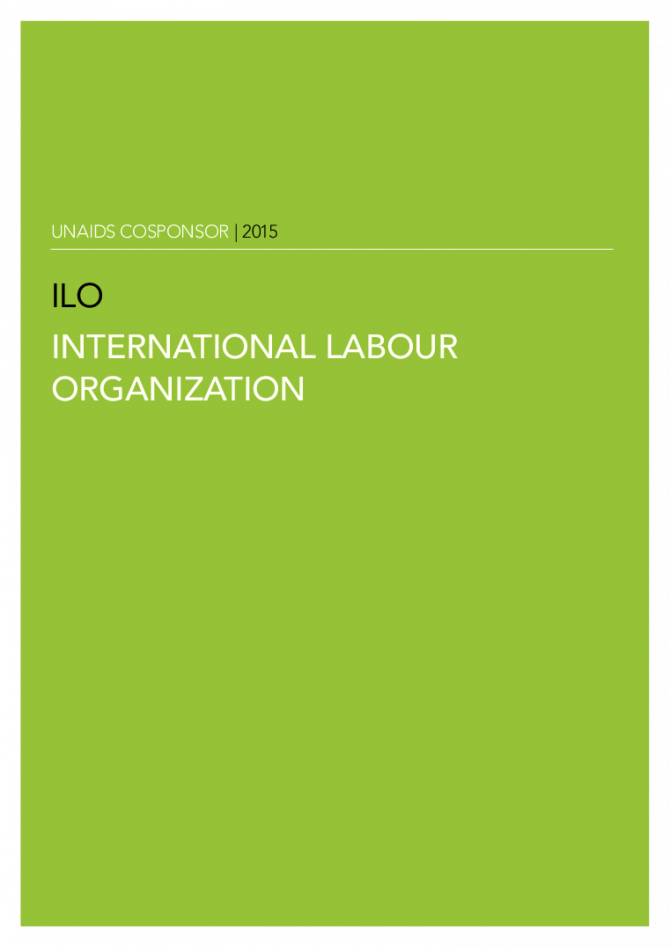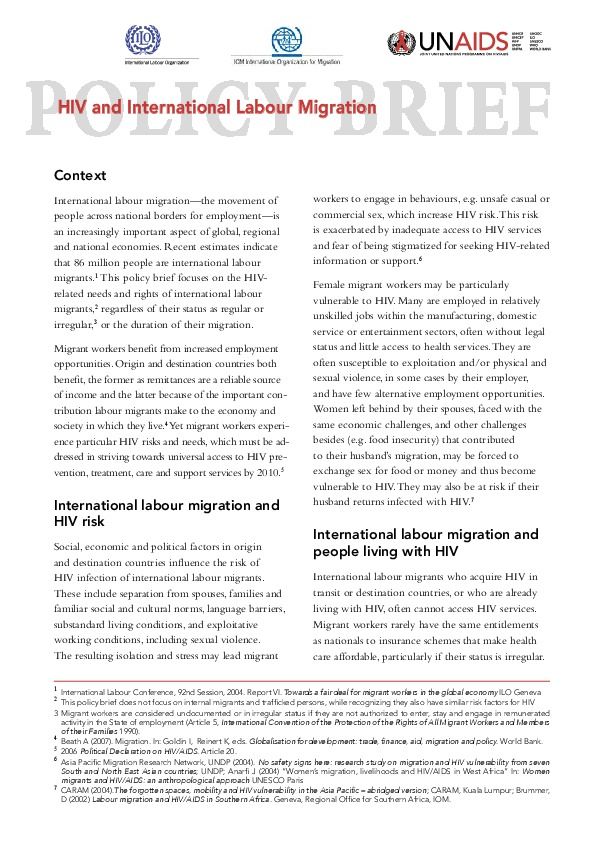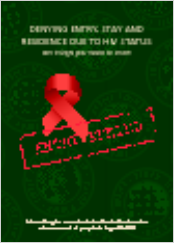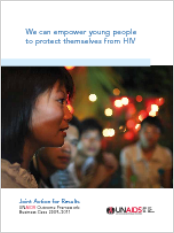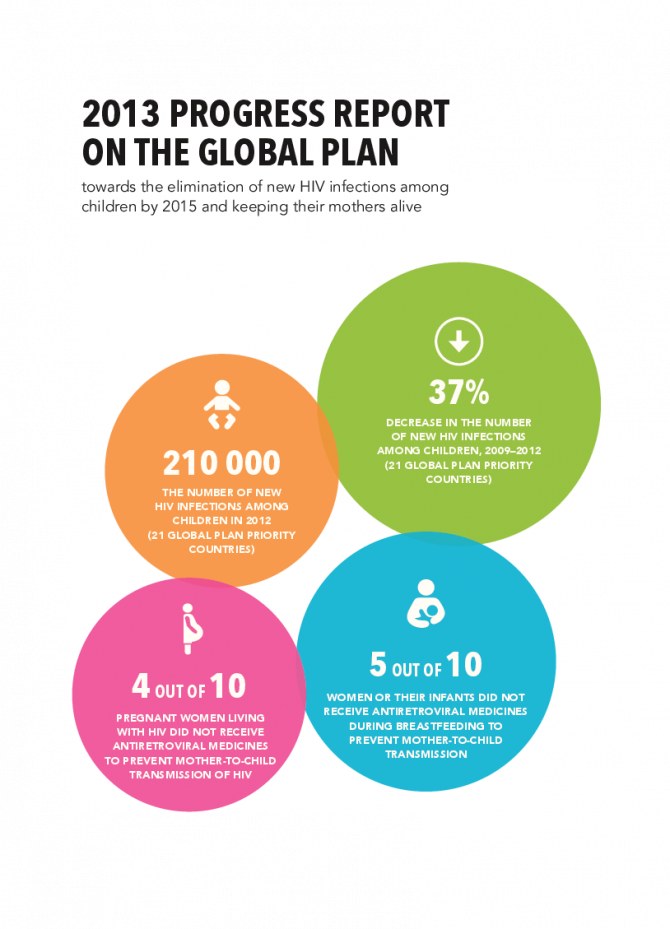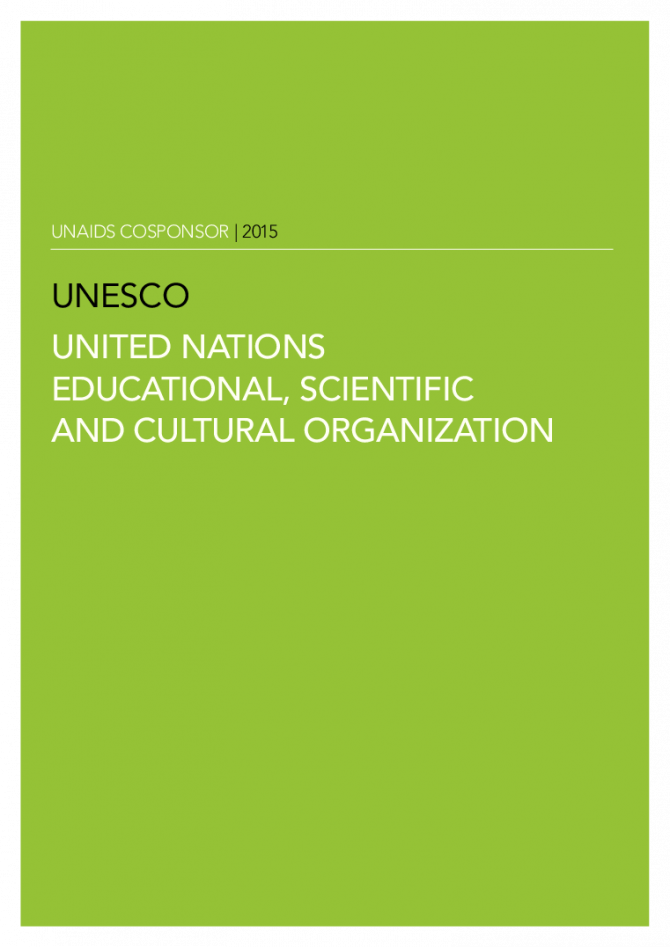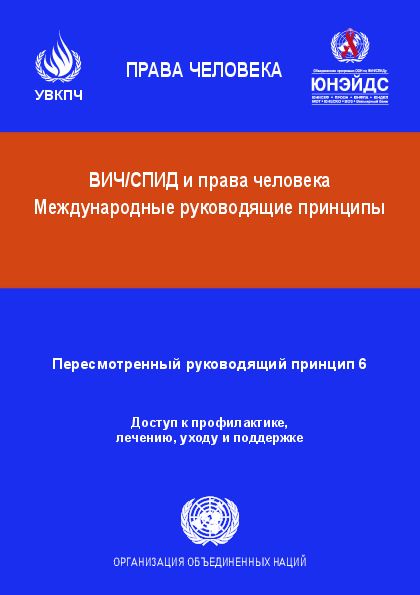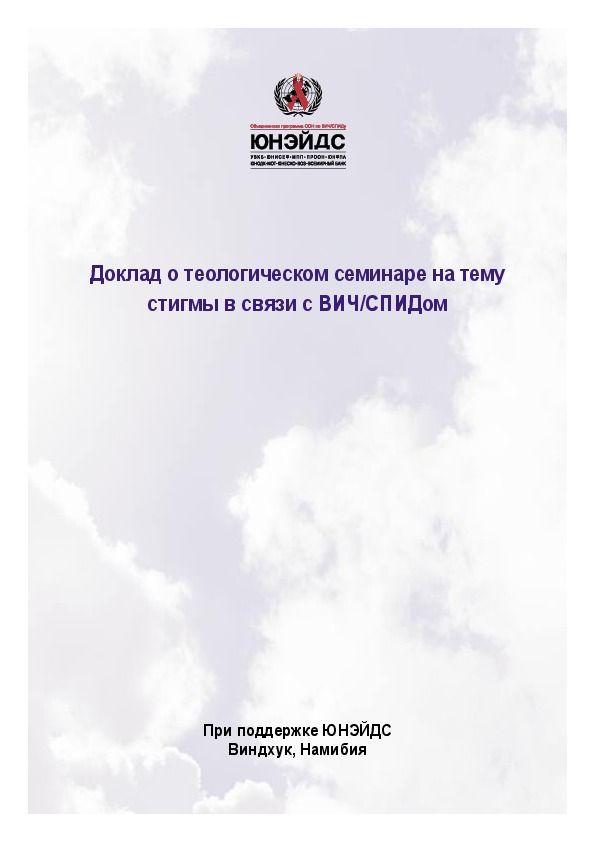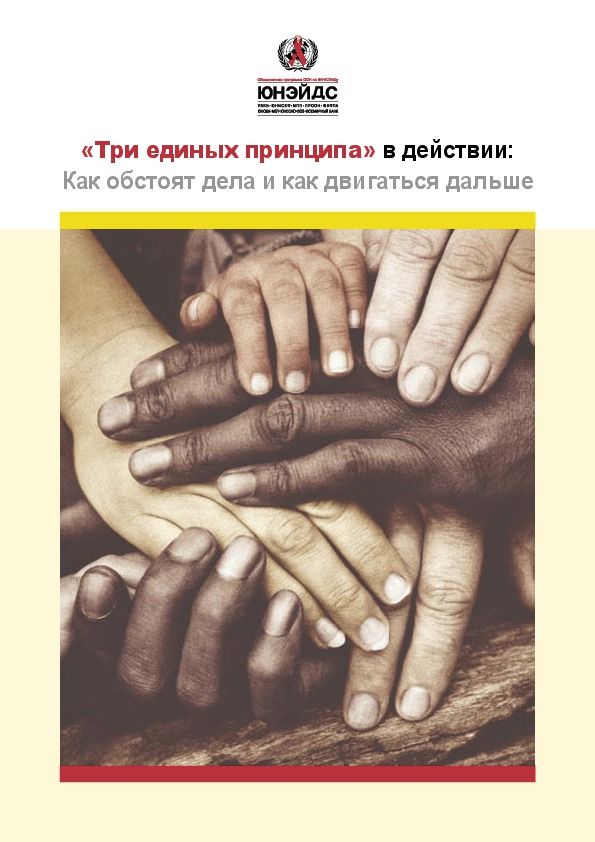Documents
UNAIDS Cosponsor | 2015 | International Labour Organization
01 января 2015 года.
As a Cosponsor of UNAIDS, and under the UNAIDS Division of Labour, ILO is the lead agency on HIV workplace policies and programmes and private sector mobilization. ILO recognizes that HIV has a potentially devastating impact on labour and productivity and represents an enormous burden for working people, their families and communities in a number of ways. For example, HIV-related stigma and discrimination threaten their fundamental rights at work and undermine their opportunities to obtain decent and sustainable employment. The workplace offers a unique entry point to reach this large, vital and productive segment of the population. The organization has been involved in the HIV response since 1998 through the world of work.
Documents
КРАТКИЙ ДОКУМЕНТ ПО ВОПРОСАМ ПОЛИТИКИ: ВИЧ, ПРОДОВОЛЬСТВЕННАЯ БЕЗОПАСНОСТЬ И ПИТАНИЕ
23 мартаа 2009 года.
Documents
We can empower young people to protect themselves from HIV
16 декабря 2010 года.
More than half of all sexually transmitted infections, other than HIV, (more than 180 million out of a global annual total of 340 million) occur among young people aged 15 to 24. Yet most young people still have no access to sexual and reproductive health programmes that provide the information, skills, services, commodities, and social support they need to prevent HIV. In fact, many laws and policies go as far as to exclude young people from accessing sexual health and HIV-related services, such as HIV testing and counselling, the provision of condoms, and age-appropriate sexuality and HIV prevention education.
Documents
2013 progress report on the Global Plan towards the elimination of new HIV infections among children by 2015 and keeping their mothers alive
25 июня 2013 года.
We are encouraged by the progress made by countries in reducing the number of children newly infected with HIV. Two years have passed since the launch of the Global Plan, when countries embraced the goal of moving towards eliminating new HIV infections among children and keeping their mothers alive. Since then, there has been momentum in scaling up access to HIV prevention and treatment services for women and children – especially in the 21 Global Plan priority countries in sub-Saharan Africa. Ghana and South Africa have led the way, with the largest decreases in the numbers of new HIV infections among children from 2009 to 2012.
Documents
UNAIDS Cosponsor | 2015 | United Nations Educational, Cultural and Scientific Organization
01 января 2015 года.
UNESCO is one of the six founding UNAIDS Cosponsors. Under the UNAIDS Division of Labour, UNESCO is responsible for leading efforts to support countries in scaling up the education sector response to HIV. With over 70 offices, institutes and regional bureaux around the world, UNESCO has more than 50 staff members dedicated to working on HIV and health education. Of these, the majority are National Programme Officers based in countries that UNAIDS has prioritized for high-impact interventions. The agency draws on its unique spectrum of competencies across the diverse spheres of education, the sciences, culture, communication and information to push for a truly multisectoral and comprehensive response to HIV.
Documents
ВИЧ/СПИД и права человека Международные руководящие принципы. Пересмотренный руководящий принцип 6
Доступ к профилактике, лечению, уходу и поддержке
•Commentary and recommendations for the implementation of Guideline 6: “States should enact legislation to provide for the regulation of HIV-related goods, services and information, so as to ensure widespread availability of qualitative prevention measures and services, adequate HIV prevention and care information, and safe and effective medication at an affordable price…”
Documents
Доклад о теологическом семинаре на тему стигмы в связи с ВИЧ/СПИДом
In December 2003 UNAIDS supported a workshop on HIV and AIDS related stigma and discrimination. This brought together 37 leading academic theologians from different Christian traditions and countries, to consider and debate the major theological issues that contribute to and can help eradicate stigma related to HIV and AIDS, to engage in dialogue with people living with HIV and to provide a framework for theological refl ection. This report of the workshop contains the framework for theological refl ection and the related speeches presented at the workshop.
Documents
«Три единыx принципa» в действии: Как обстоят дела и как двигаться дальше
This report looks at progress on applying the “Three Ones” principles to the end of 2004, and identifies the challenges ahead as well as opportunities for overcoming these challenges. While this preliminary report is by no means comprehensive, it is a very useful step forward in helping us find answers to a question that must preoccupy all of us: How can we, individually and collectively, make optimal use of the limited resources available for tackling the AIDS pandemic, an unprecedented global crisis, and so accelerate progress towards achieving the Millennium Development Goals?

